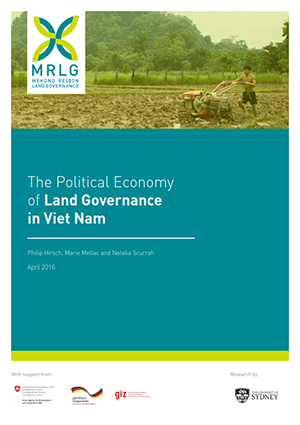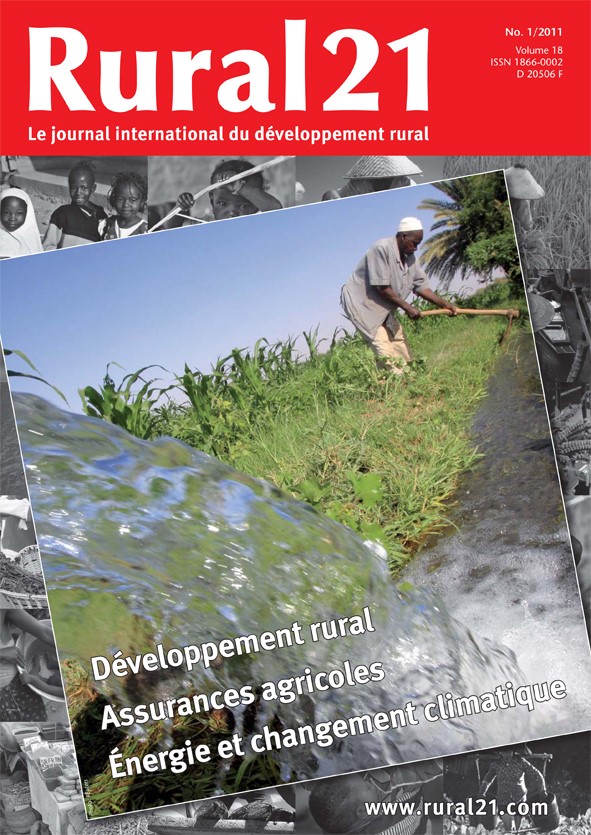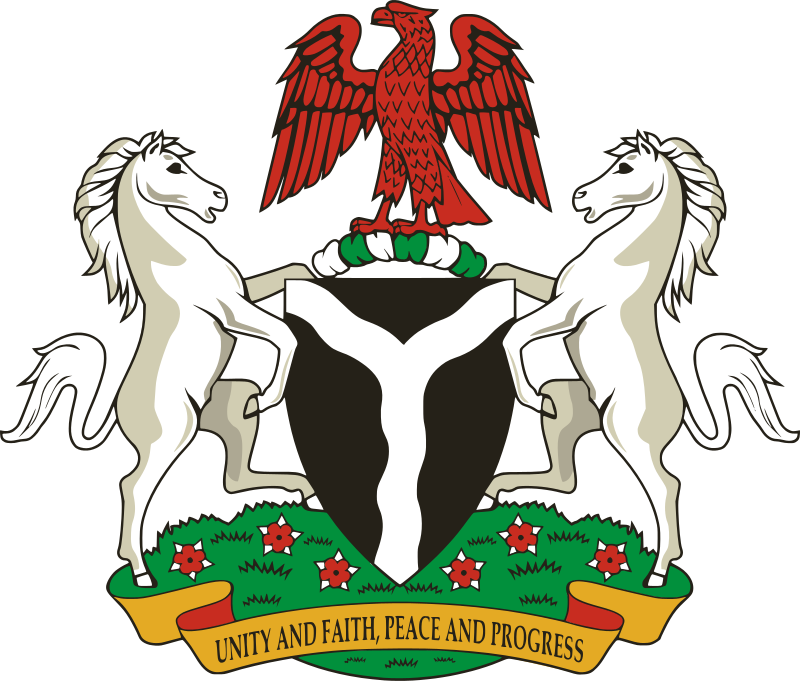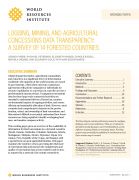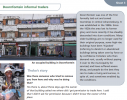Kenya: thriving green crops with no economic impact
Kenya is still largely agrarian with 80 percent of its population depending on agriculture for food, employment and income. The dilemma facing the country is that only 20 percent of the land is suited for agricultural production. A greater proportion of the country, however, consists of agroecologically less favoured areas (LFAs). Another dilemma in Kenya?s agricultural sector is that economic development impacts are not homogeneously spread even among the agriculturally favoured areas.



